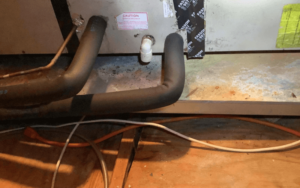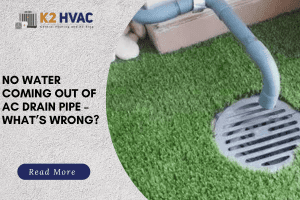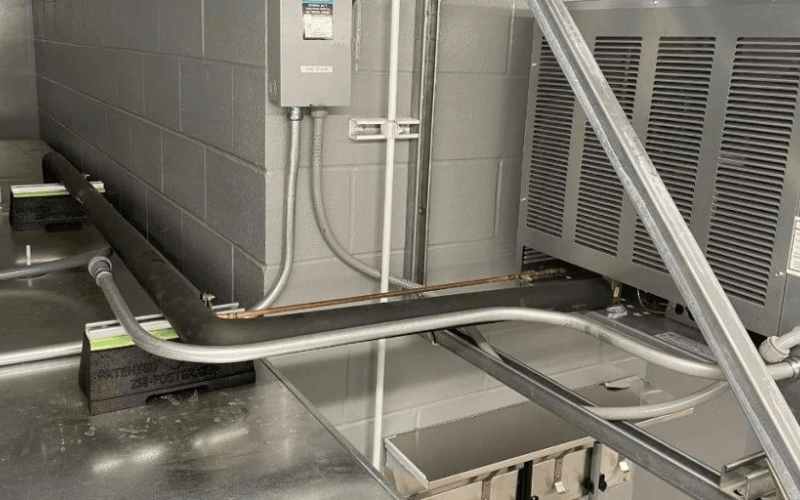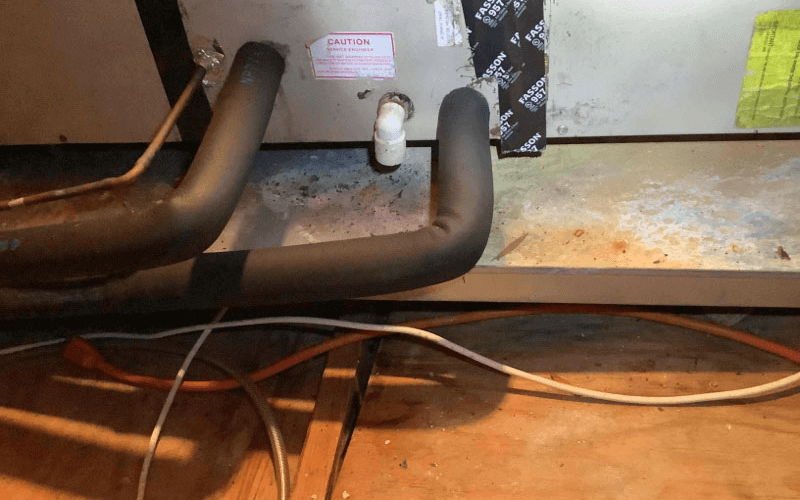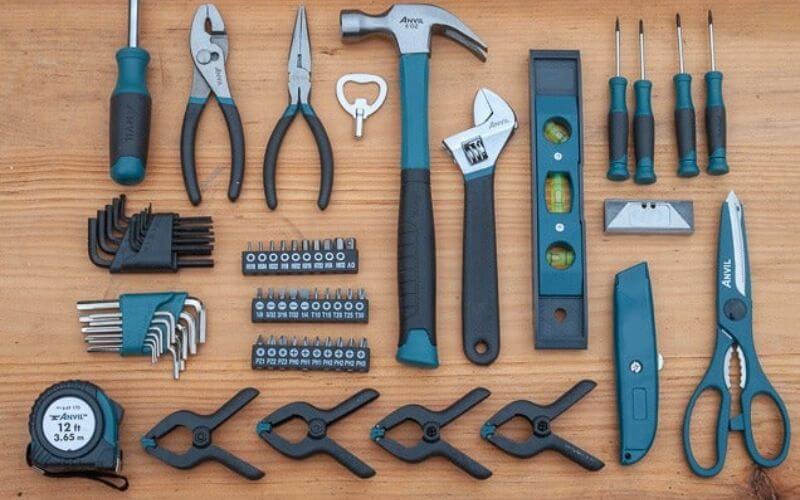It’s the middle of the summer. You’ve got all your windows closed, your HVAC is running at full speed, and you’re still hot and humid as can be! Why is this? If your HVAC is doing its job right it might be due to factors that contribute to how well your HVAC system works. Typically, HVAC works hard when they have to work hard, which means they overwork themselves during peak hours of operation. This, combined with some other common factors that can contribute to HVAC failure.
Table of Contents
ToggleFactors Contribute to HVAC Failure:
Here are some of the potential factors for why you’re still feeling hot and humid:
Poor Insulation
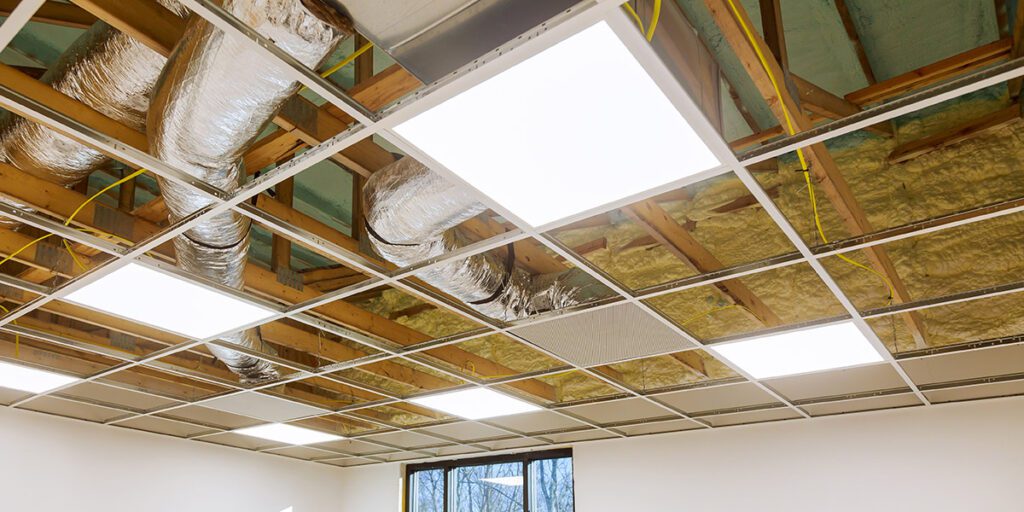
Having an HVAC won’t help if heat/cold escapes through your roof before it gets to your house. If this is an issue in your home, be sure to get it checked at least once per year by an HVAC professional.
Dirty HVAC Filters

The HVAC filters should be replaced about every three months (or more frequently), but sometimes people forget. Hire an HVAC professional to clean your HVAC filters for you – or do it yourself!
Leaky HVAC Ducts
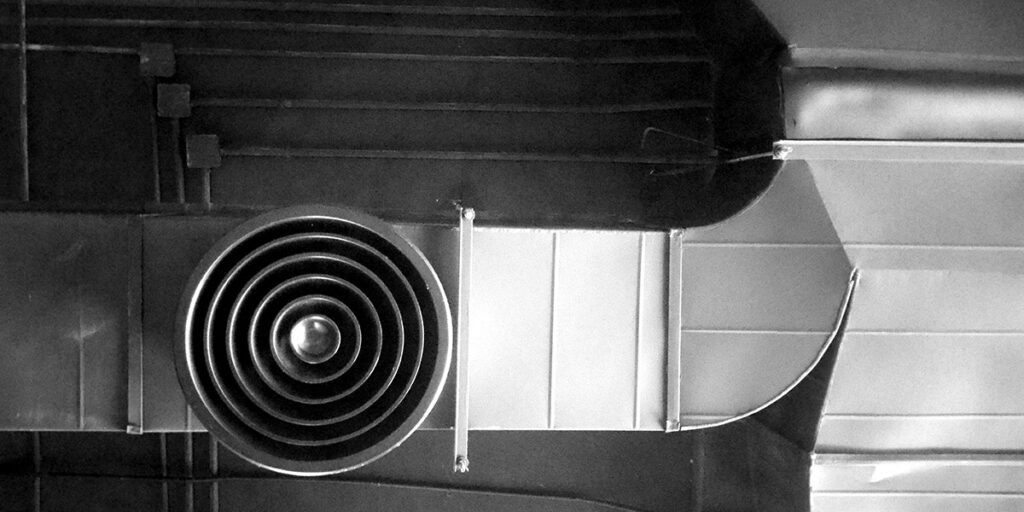
HVAC vents leak if they’re not properly sealed around the edges where they meet with the wall. This can be especially true if there are trees close by that drop leaves into the gutters/shingles of your roof since tree debris that gets stuck in roofs is often responsible for building up cracks in shingles which leads to leaks. If this is happening inside one of your HVAC vents, don’t worry too much since most HVAC systems are good for about twenty years. HVAC systems that leak can still be functional, but they may not perform as well. Hire an HVAC professional to seal your HVAC ducts if you’re having issues with them.
HVAC Vents Pointing in the Wrong Direction

Many HVAC vents come pre-built with their own temperatures sensors built-in (which is one way to tell how fast air is traveling when air blows out of a vent). This means that HVAC vents should be pointed at your thermostat since this is where its temperature sensor usually lives and it won’t tell your HVAC system to keep the air at a steady temperature if HVAC vents point in different directions. Get an HVAC professional appointment to check/change which direction HVAC vents blow.
Overworked HVAC Underground Pipes Causing Leaks

HVAC systems can be overworked due to peak times of operation (when everyone comes home). This is especially true if there’s someone who cranks the AC up all the way and leaves it running overnight; running an HVAC for too long without its filters replaced can cause the compressor and other parts to work harder than they should and this increases how much energy your HVAC uses and thus, increases HVAC bills.
Aged HVAC System
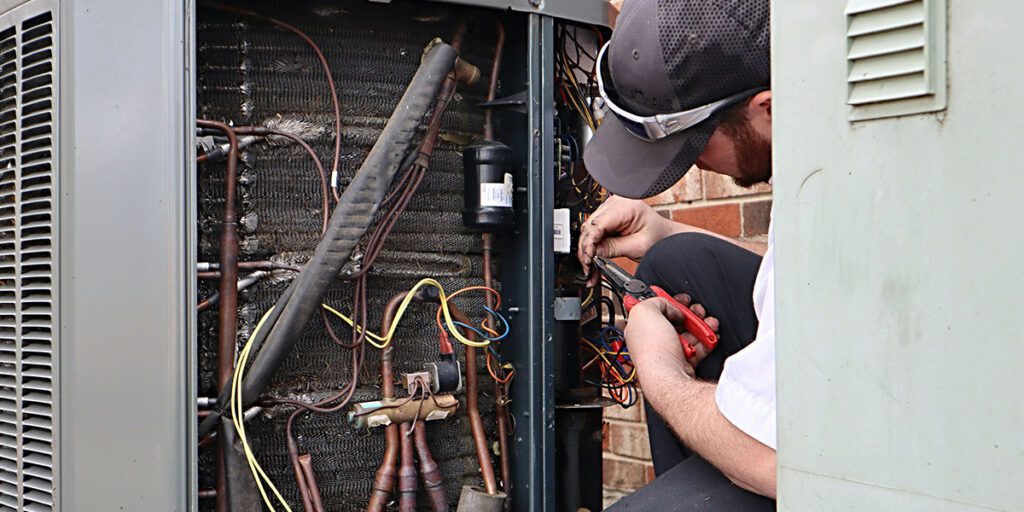
HVAC systems that use R-22 refrigerant (which was found to be very harmful to the environment) should be inspected and, if possible, replaced with 410A refrigerant equipment. If not, these HVAC systems will only work at a slower rate as time progresses which means they won’t work as hard during periods of peak demand.
Why is your house still hot and humid even though your AC is running?
Sometimes things just happen. HVAC systems are complex pieces of machinery that can fail, but these non-functionalities don’t always mean the cooling unit has some mechanical issue, sometimes HVAC breakdowns can even be caused by the mishandling of the equipment. Hire an HVAC professional to inspect/replace your HVAC system and make necessary repairs and adjustments.
Conclusion:
Humidity and hot temperature can have a big impact on your comfort as well as the health of you and your family. In this article, we discussed some of the reasons that cause humidity and heat in your home. We hope this has been helpful to you! If there is anything else we can do for you, please let us know by contacting our team at K2 Mechanical today. Fortunately, K2 Mechanical has the solutions that you need. Give us a call today for more information about how we can help cool your home down even on the hottest days of summer!


